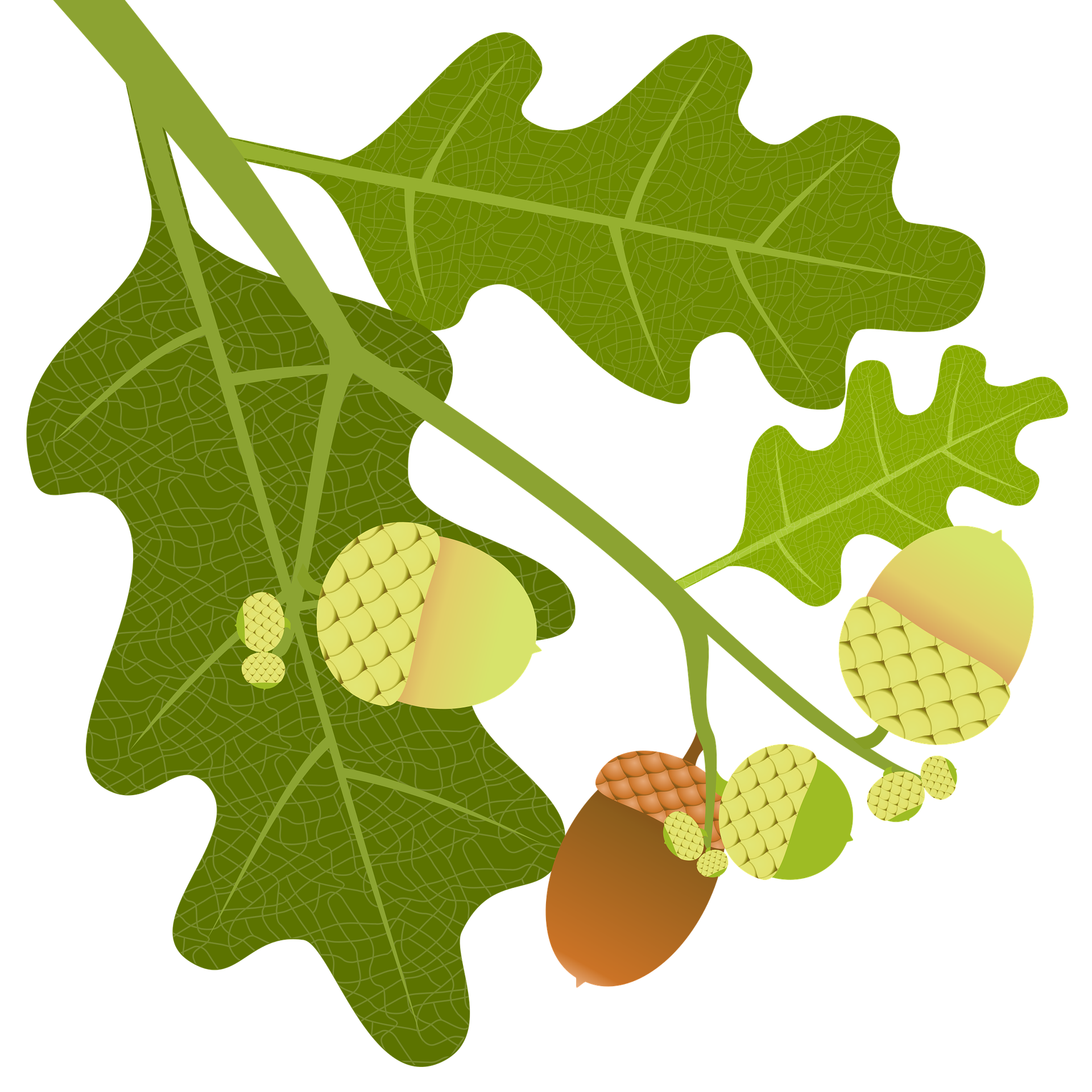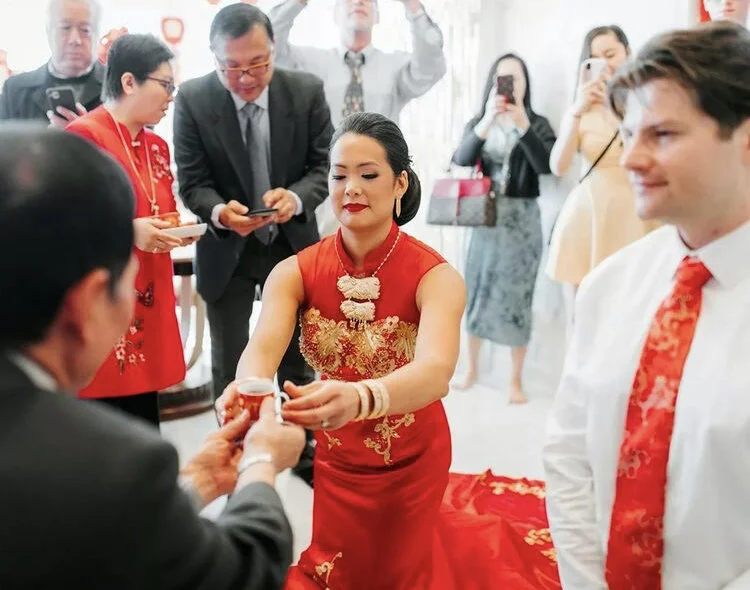What is the Chinese Tea Ceremony?
To celebrate the arrival of the new Chinese New year (and the year of the Ox , goodbye Rat), here is a post about a traditional Chinese wedding ritual which is often used in East/West fusion style weddings.
The Tea Ceremony (Jing Cha) dates back in China to the Tang dynasty of 618AD. It sees the couple getting married serving tea to their parents and other older family members on their wedding day. It is carried out by the couple as a sign of respect, gratitude and appreciation to their parents for nurturing & bringing them to adulthood so far. It also symbolises the union of the two families as it traditionally carried out in the couple’s respective family homes. Each side welcomes the in-law to the family by drinking their tea. Alternatively, an East/West fusion wedding will normally feature the tea Ceremony taking place in the wedding venue before the vows are taken.
Black tea (also known as “red tea”) is usually served in red and gold cups. The red represents love & happiness whilst the gold represents wealth & good fortune. The tea is normally sweetened with red dates (for luck), lotus seeds (for children) and lily (for marriage longevity).
The couple will kneel in front of each set of parents to serve them tea. Traditionally, in mixed gender weddings, the groom’s parents and family members are served first. IN same-sex weddings, the older parents will normally be served first.
Why drink tea? The most obvious reason is that Chinese culture has always highly valued tea, not only for its medicinal and health benefits but because it takes time & conscious effort to brew tea and so the whole tea making ritual represents respect and regard for the people who are being served. In ancient times, tea was so highly valued, in some historical periods it became the most tradeable currency in South East Asia.
The tea plant is also reported to represent loyalty and longevity because once rooted, a tea plant should never be moved, it will often die if you attempt to transplant it. As a result, drinking tea at a wedding symbolises the continuity that marriage brings and the faithfulness which is expected from the wedded couple.
What a wonderful way to get your parents involved in your wedding ceremony.
Happy Chinese New year!
Photo: www.plumandoakphoto.com


